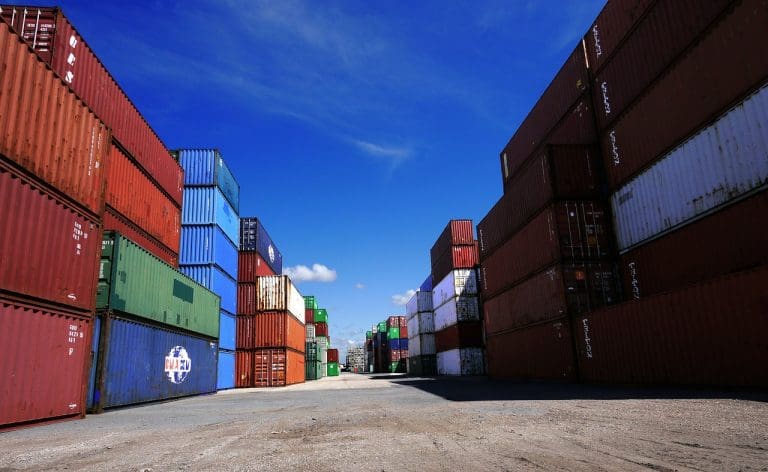
Algeria’s economy is facing mounting pressure as fresh figures reveal a sharp rise in imports and a decline in export earnings, deepening the country’s trade imbalance.
Data from the National Statistics Office (ONS), published by state news agency APS, show imports surged by 19.4% in the first quarter of 2025, reaching 1.787 trillion dinars (around €13.7bn).
Over the same period, exports fell by 5.8%, marking a further setback for a country struggling to reduce its reliance on external markets.
This simultaneous jump in foreign purchases and drop in sales abroad underscores the persistence of Algeria’s rentier economic model—heavily dependent on hydrocarbons and lacking in diversified production.
Despite years of political pledges on industrial sovereignty and boosting local manufacturing, the data point to limited progress on genuine economic transformation.
Much of the export slowdown is linked to hydrocarbons, whose performance continues to dictate Algeria’s foreign exchange reserves. With global energy prices increasingly volatile and regional instability persisting, economists warn that this dependence leaves the country exposed to sudden and destabilising external shocks.
The import surge might, in some contexts, indicate industrial expansion or economic modernisation. However, in Algeria’s case, analysts suggest it reflects a loosening of trade restrictions after years of poorly targeted bureaucratic controls. Long-standing efforts to replace imports with local production—a declared priority for over a decade—have yet to yield significant results.
Despite the rollout of a new investment code and repeated government announcements of diversification plans, the first-quarter figures highlight an absence of a coherent industrial strategy. Structural reforms remain incomplete, and growth levers outside of oil and gas are still underdeveloped.
For now, Algeria’s economy continues to operate under the constraints of an external dependency that threatens its macroeconomic balance, leaving it vulnerable in the face of shifting global market conditions.



